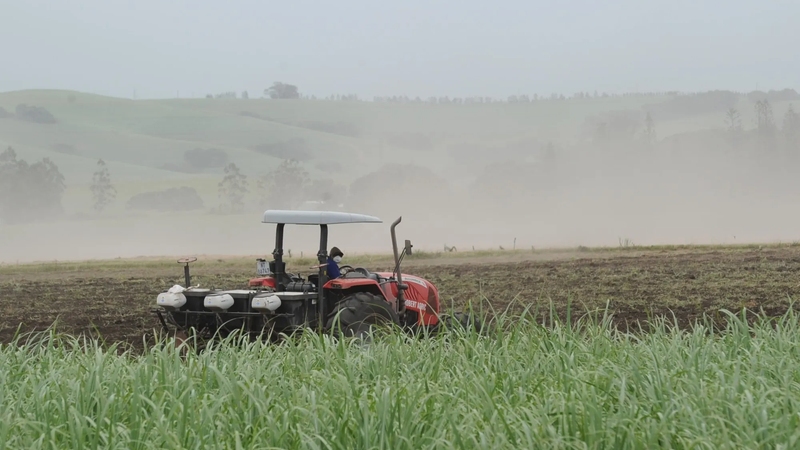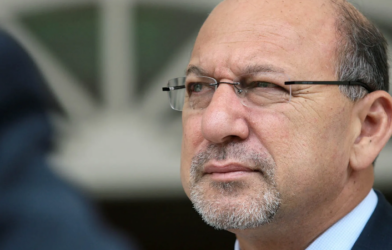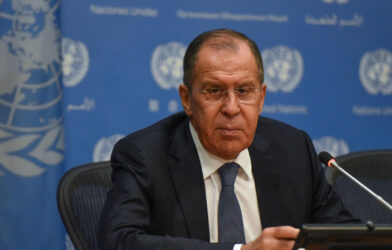For the first time, South Africa has assumed the presidency of the Group of Twenty (G20), a powerful position that places the country at the heart of global economic and political discussions. This represents a rare opportunity to shape international policies on trade, climate change, and food security, all of which have significant implications for South Africa’s agricultural sector.
While the G20 has long recognized agriculture’s role in fostering economic growth and ensuring food security, the sector still faces numerous challenges. These include protectionist trade policies, the impacts of climate change, and the need for greater financial support for smallholder farmers. As South Africa chairs this influential group, it has the potential to drive reforms that directly benefit its farming communities, while aligning with broader global priorities.
A Platform for Trade and Investment Reform
One of the primary objectives of the G20’s Trade and Investment Working Group (TIWG) is to foster a more open and inclusive global trading system. Agriculture has often been a contentious area in trade negotiations, with high tariffs and subsidies creating significant barriers. As a leading exporter of agricultural products such as citrus, wine, and maize, South Africa stands to gain greatly from the reduction of these trade barriers.
By advocating for the liberalization of agricultural markets, South Africa can unlock new trade opportunities for its key exports. Additionally, the African Continental Free Trade Area (AfCFTA) provides an opportunity for South Africa to enhance intra-African trade, creating a more integrated agricultural economy across the continent.
However, South Africa must also be mindful of the potential downsides of trade liberalization, especially the impact on local industries. The importation of agricultural products could harm domestic producers, so careful policy design is needed to balance global market access with protecting local economies.
Supporting Smallholder Farmers
The G20’s Food Security and Nutrition Initiative aims to address global hunger and malnutrition while enhancing agricultural productivity. For South Africa, leading this initiative offers the chance to advocate for the interests of smallholder farmers, who are the backbone of the country’s agricultural sector. These farmers often face challenges in accessing markets, finance, and technical support, which limits their potential.
South Africa can use its G20 platform to push for policies that provide more financial and technical support to smallholders, ensuring they can increase productivity and resilience, especially in the face of climate change. By promoting sustainable and inclusive agricultural practices, South Africa can help transform food systems in Africa, addressing both food insecurity and the economic challenges faced by rural communities.
Climate-Smart Agriculture: A Necessity for Resilience
Climate change is already affecting agricultural productivity in Southern Africa, with frequent droughts and heat waves threatening food security. The G20’s Action Plan on Climate and Agriculture advocates for climate-smart agricultural practices, and South Africa, with its firsthand experience of climate-related challenges, is well-placed to lead efforts in this area.
As G20 chair, South Africa can push for increased financial support for climate-smart agriculture (CSA), particularly for smallholder farmers who often lack the resources to adopt these resilient practices. South Africa can also serve as a hub for knowledge sharing, drawing from its experience with drought-resistant crops and water-efficient farming technologies. By promoting a continent-wide approach to CSA, South Africa can drive agricultural transformation in Africa while contributing to global climate goals.
Harnessing Digital Innovation for Agricultural Growth
The future of agriculture is increasingly tied to digital innovation. Technologies such as big data, artificial intelligence, and precision farming are transforming how agriculture operates globally. South Africa’s growing agri-tech sector offers a unique opportunity to drive the digitalization of agriculture, particularly in Africa.
By promoting the use of digital tools for market access, weather forecasting, pest management, and crop monitoring, South Africa can improve the efficiency and sustainability of agricultural practices. Additionally, the country can advocate for capacity-building initiatives that enhance digital literacy and technical skills for farmers across the continent, helping them adopt new technologies and improve productivity.
Financing Agricultural Transformation
Access to financing remains one of the biggest barriers to agricultural development in Africa. Smallholder farmers often struggle to obtain the capital necessary to grow their operations, invest in sustainable practices, and adapt to climate change. The G20 has committed to mobilizing public and private finance for sustainable development, and South Africa has a key role to play in securing more funding for African agriculture.
By advocating for increased agricultural financing, particularly for climate adaptation, infrastructure development, and value-added processing, South Africa can help unlock investment in the agricultural sector. Public-private partnerships, microfinance, and insurance schemes can also help alleviate the financial challenges faced by rural farmers, promoting agricultural resilience and growth.
Aligning with the UN’s Sustainable Development Goals
South Africa’s G20 leadership provides an opportunity to push for agricultural policies that align with the UN’s 2030 Agenda for Sustainable Development. By advocating for the achievement of SDG 2 (Zero Hunger), SDG 12 (Responsible Consumption and Production), and SDG 13 (Climate Action), South Africa can help ensure that global agricultural practices are both sustainable and inclusive.
Through its leadership, South Africa can call for a more equitable approach to food security, where both smallholder farmers and large-scale producers have the resources they need to increase food production sustainably. By promoting policies that reduce food waste, encourage responsible consumption, and strengthen climate action in agriculture, South Africa can set an example for the world in sustainable agricultural development.
A Transformative Agenda for Global Agriculture
As G20 chair in 2025, South Africa has a unique opportunity to redefine global agricultural policy. By pushing for trade liberalization, smallholder support, climate-smart agriculture, digital innovation, and increased investment, South Africa can position itself as a leader in global agricultural development.
South Africa’s efforts to align these priorities with the global sustainability agenda will not only benefit its own economy but also help create a more inclusive, resilient, and sustainable agricultural system worldwide. Through its leadership, South Africa can drive meaningful change that will benefit farmers, communities, and economies on a global scale.
Dr Thulasizwe Mkhabela is an Honorary Research Fellow at the African Centre for Food Security and the University of KwaZulu-Natal, and an independent agricultural researcher with extensive experience in South African and African agricultural and development issues. He is also a director at Outcome Mapping.










Comments are closed